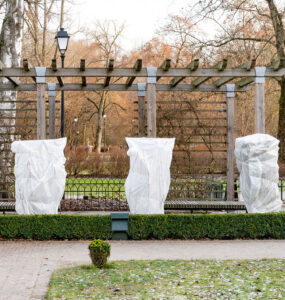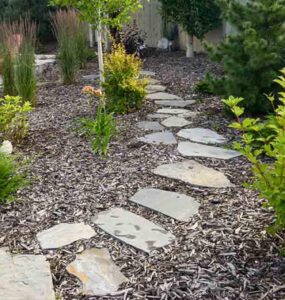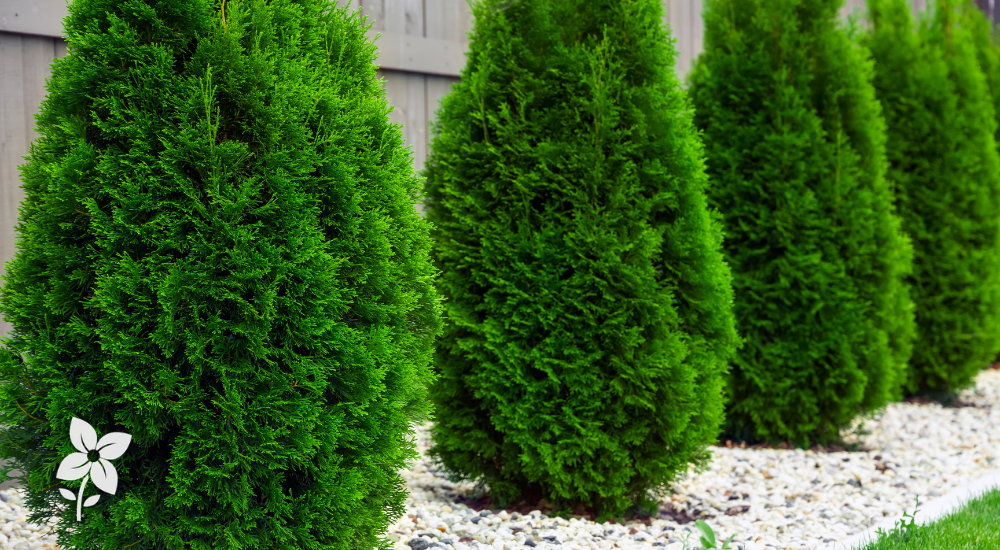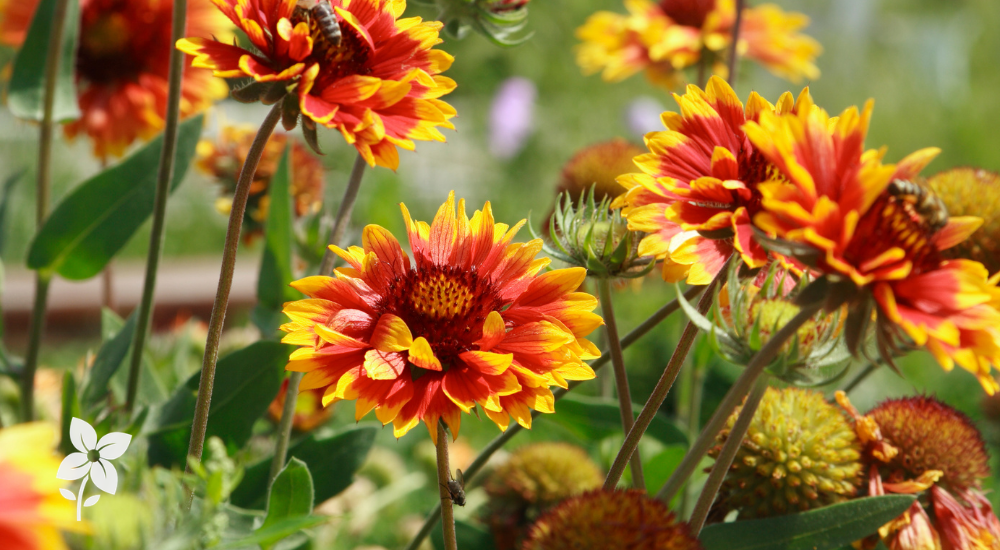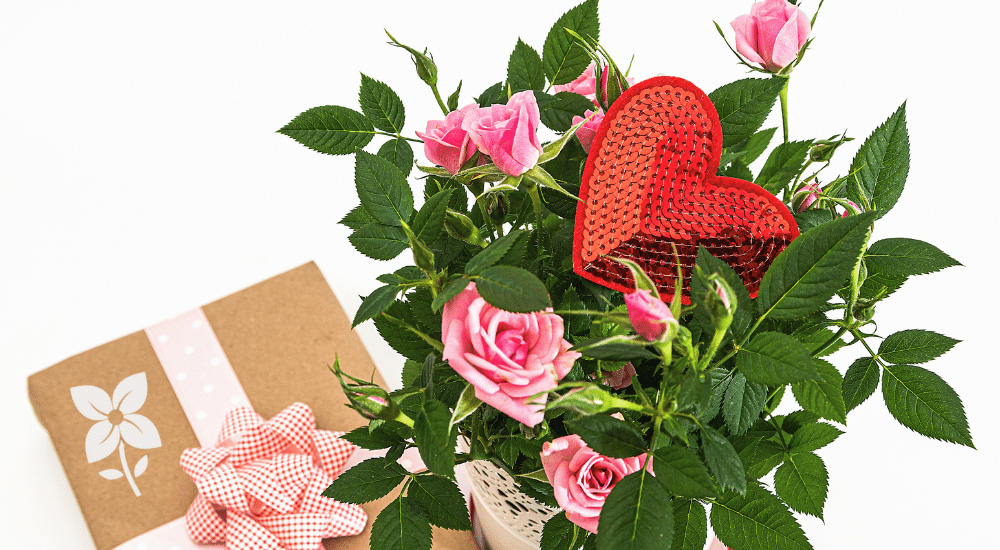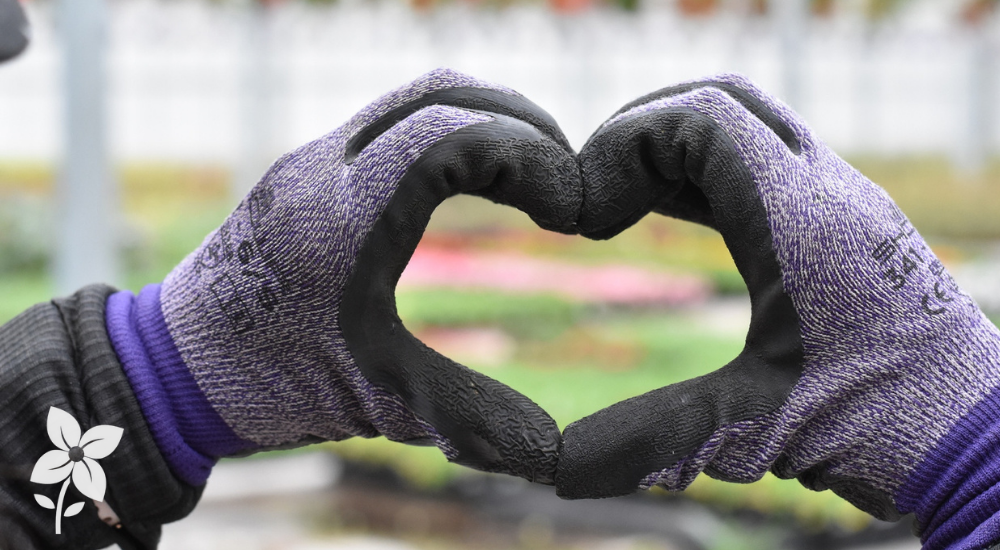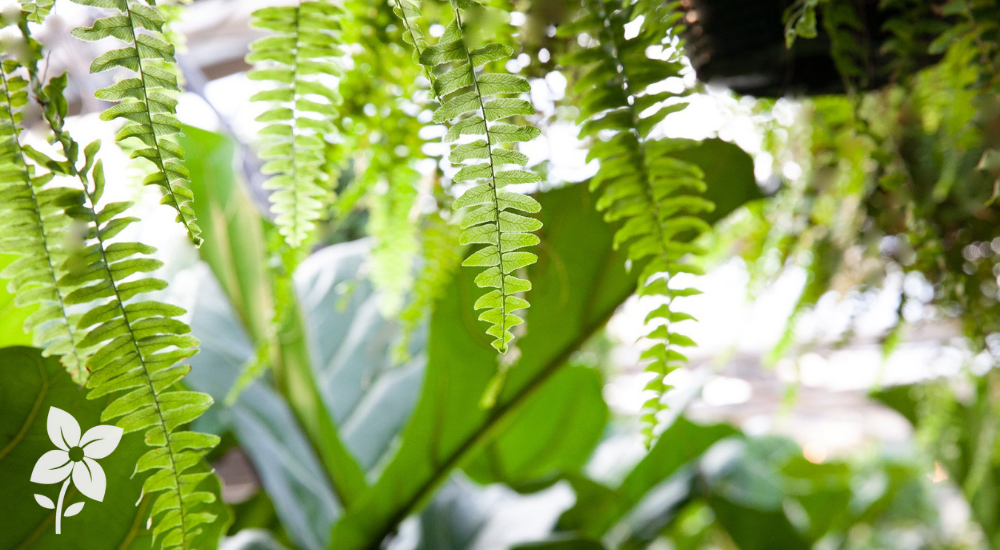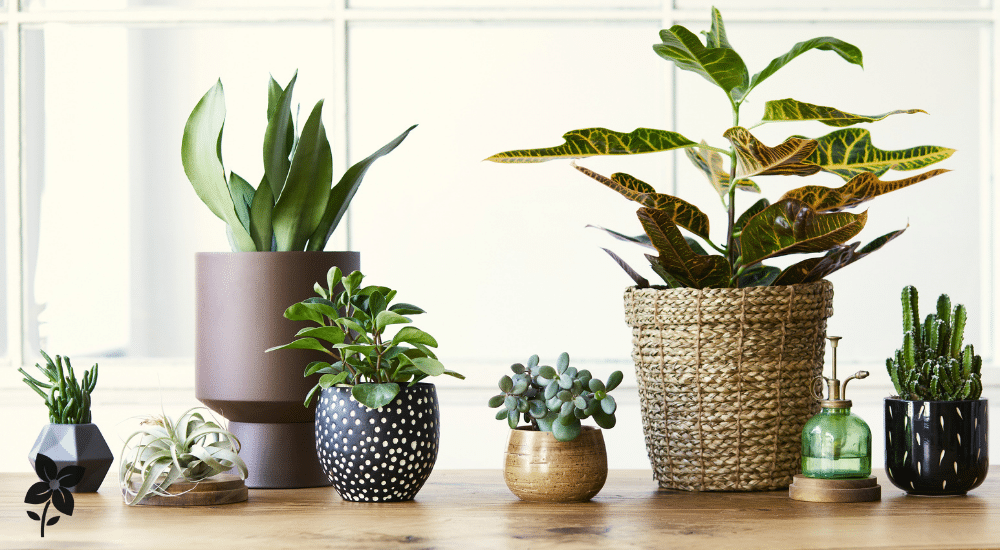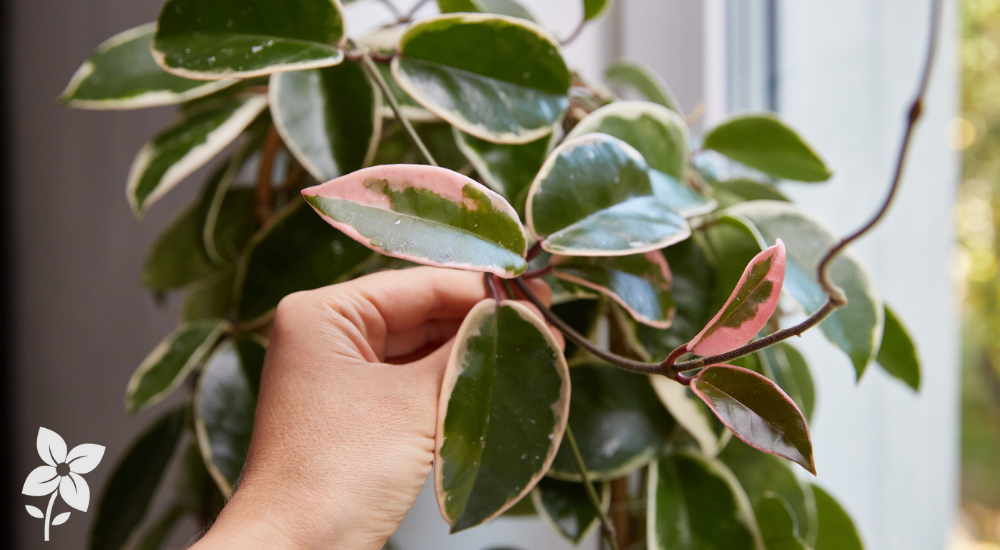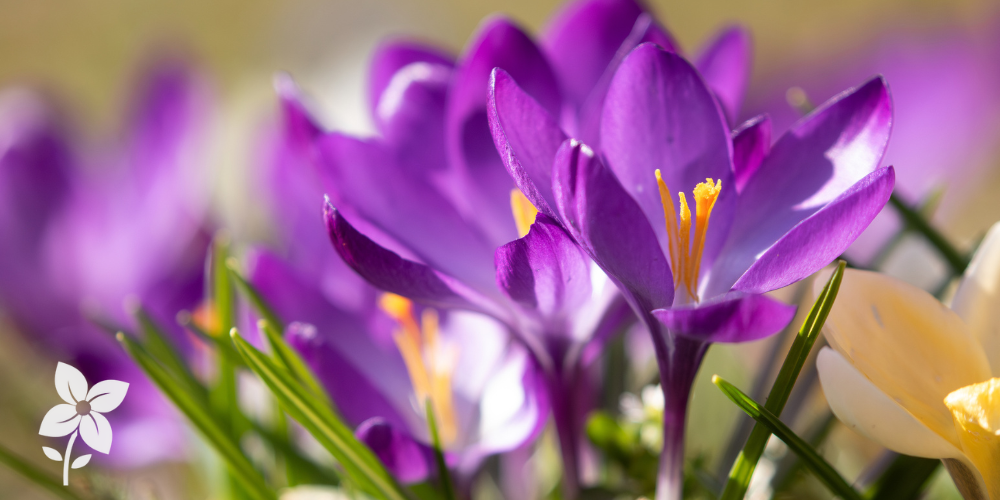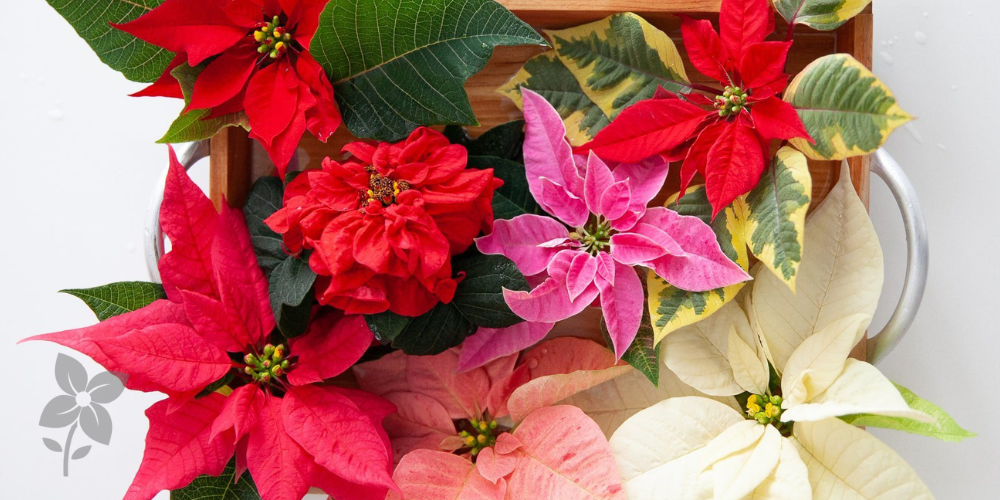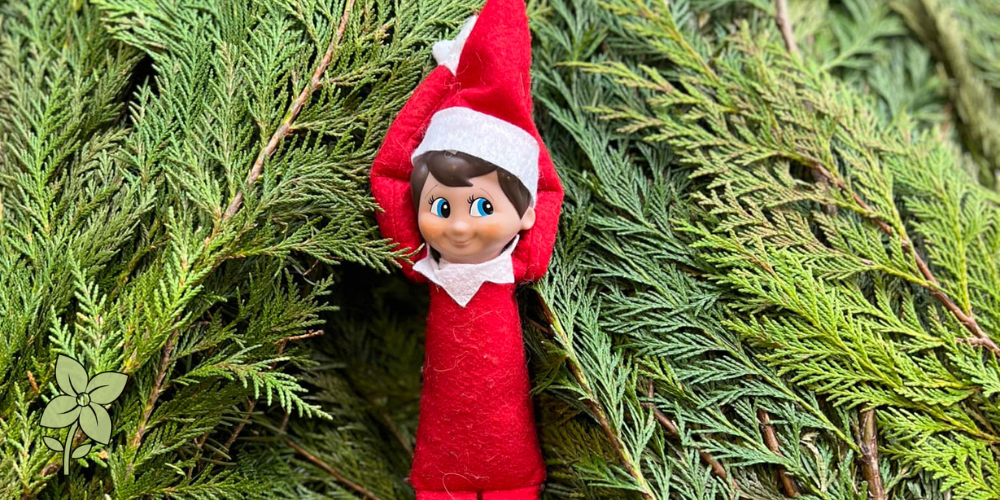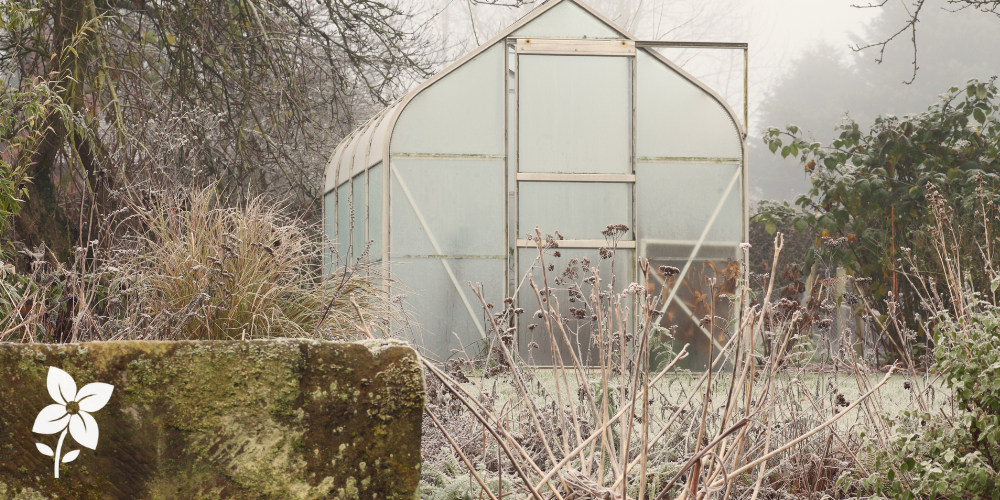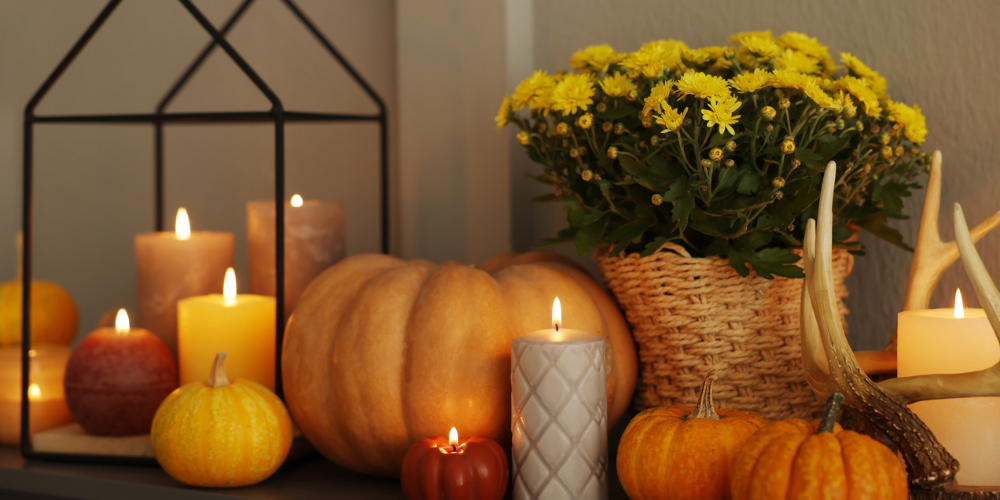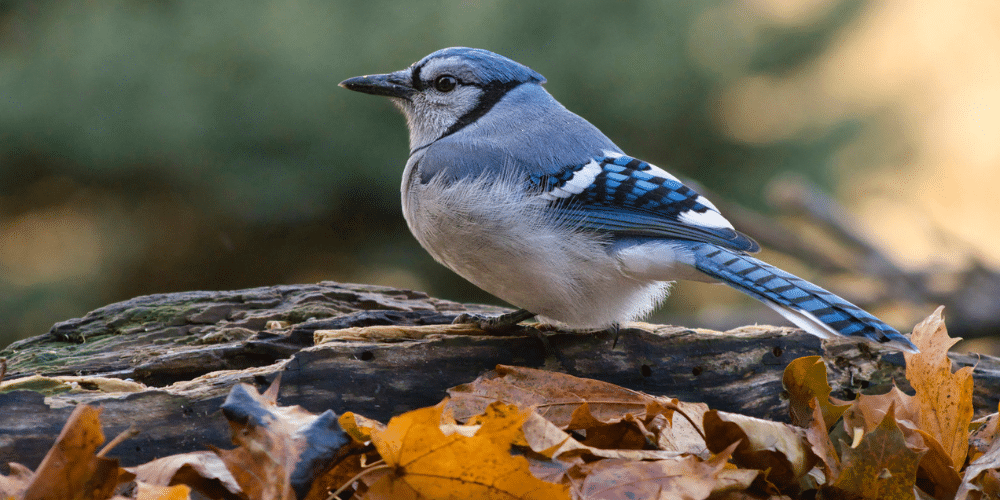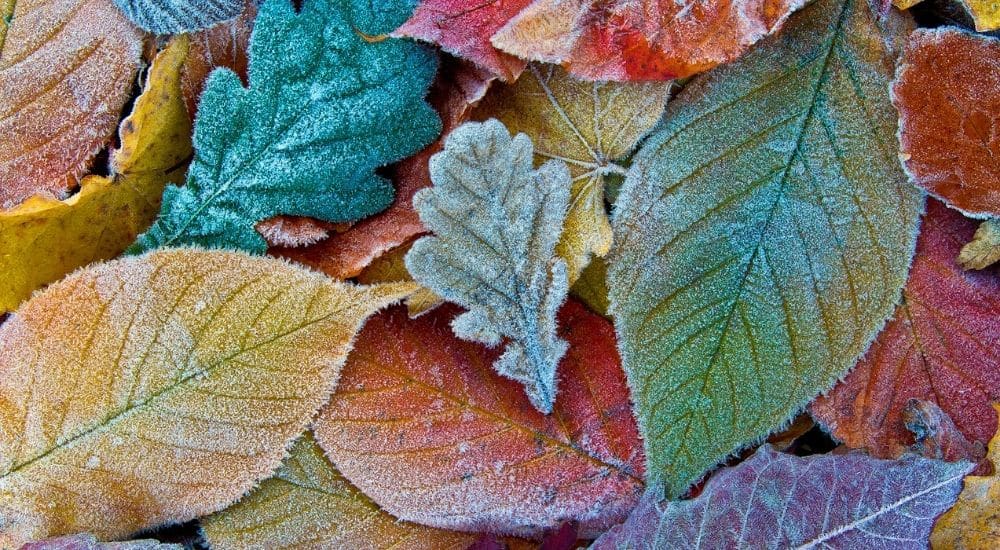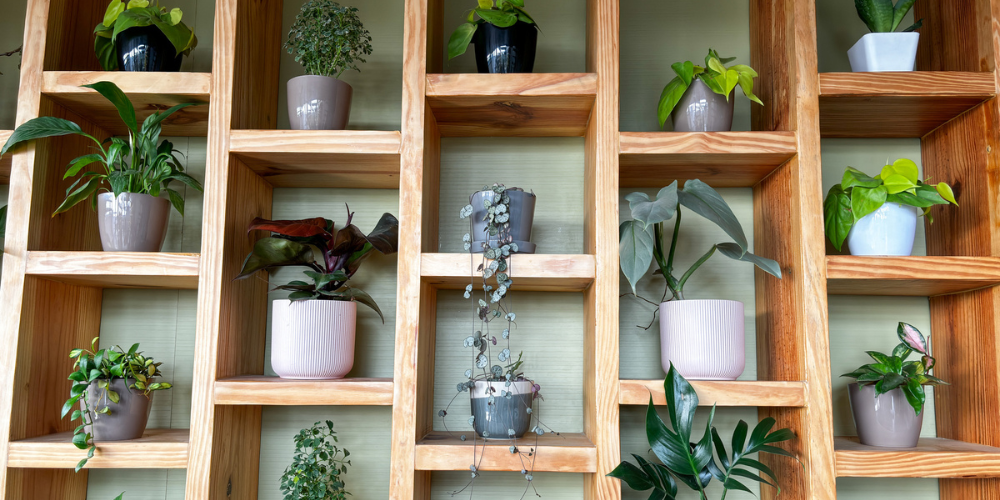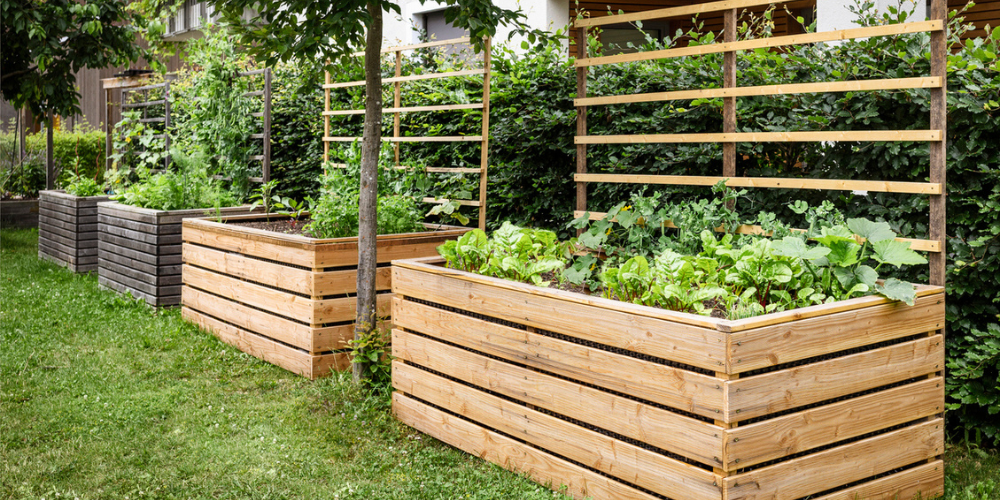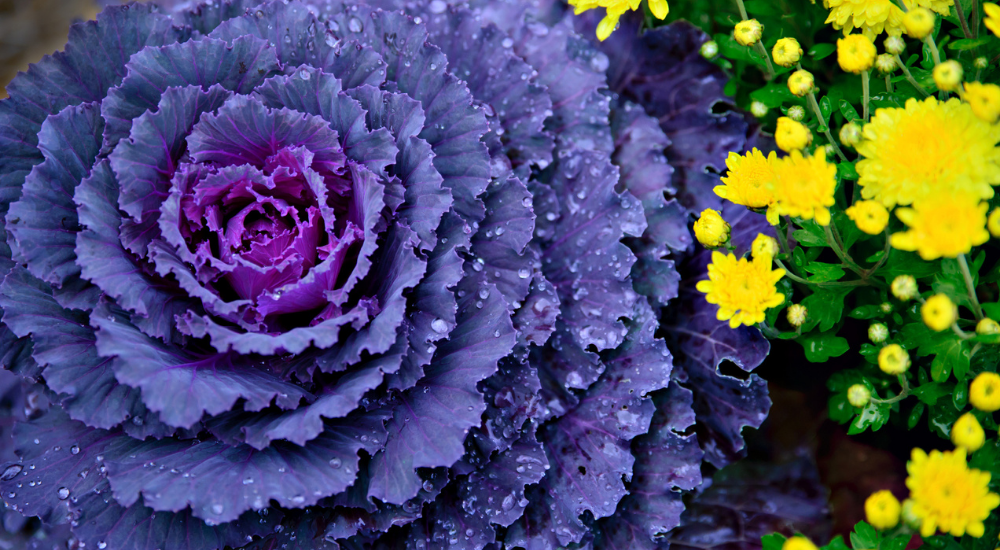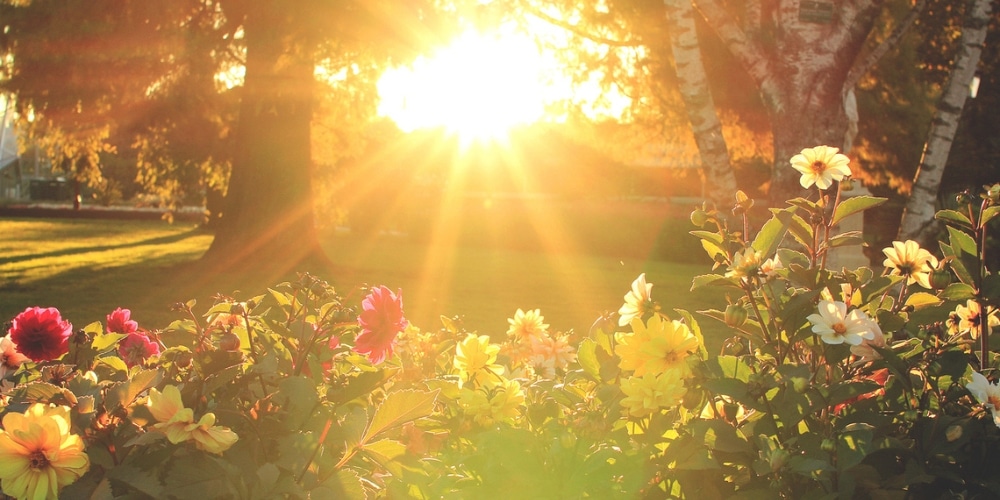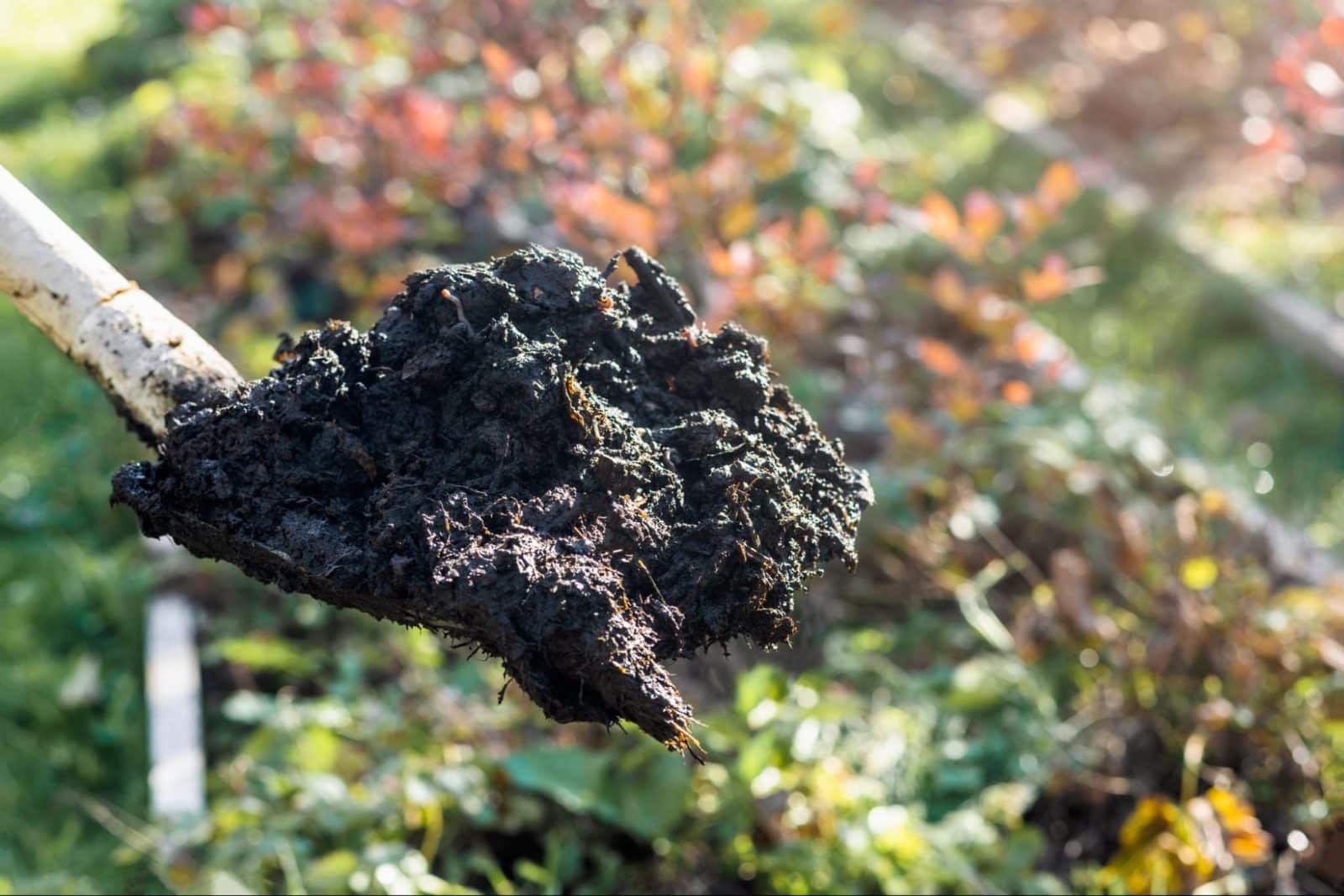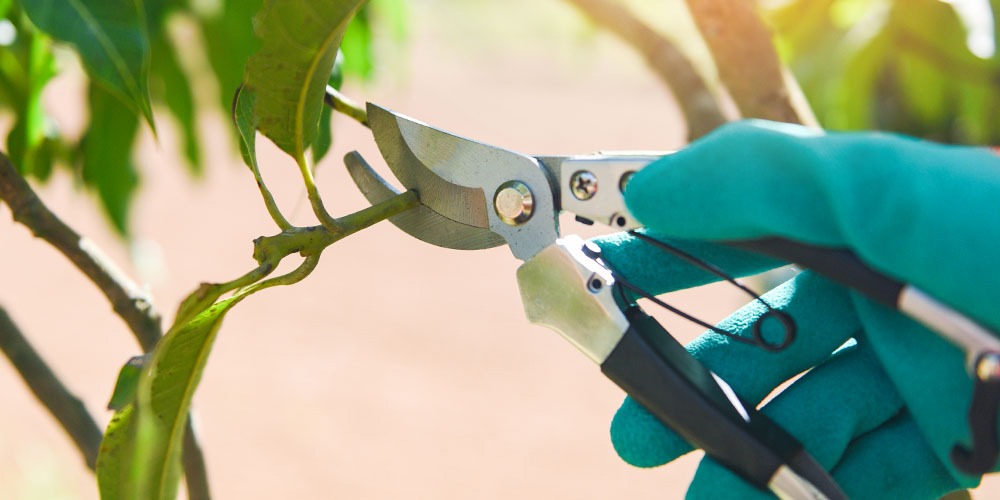
While we all know pruning is a routine gardening procedure, it might surprise you how many people shy away from pruning their landscape plants. In fact, pruning questions are the most common kinds of inquiries we hear from experienced gardeners. We spoke to horticulturist Justine Jenkins, who shared some great information for gardeners who are just beginning their foray into pruning.
If you’ve been reluctant to make the first cut, don’t worry””you’re among friends! This two-part guide will cover the broad basics to help you finally make friends with your loppers.
About Justine Jenkins
Justine has over 20 years of horticultural experience as a horticulturist, curator, and educator. Prior to her role at our garden centre, she spent 18+ years working for the Faculty of Agriculture, Life & Environmental Sciences at the University of Alberta, during which time she served as the Coordinator of the Master Gardener Program and the Curator of Collections and Interim Plant Records Manager at the University of Alberta Botanic Gardens. She also holds a degree in Environmental Design and a diploma in Horticulture from the University of Guelph.
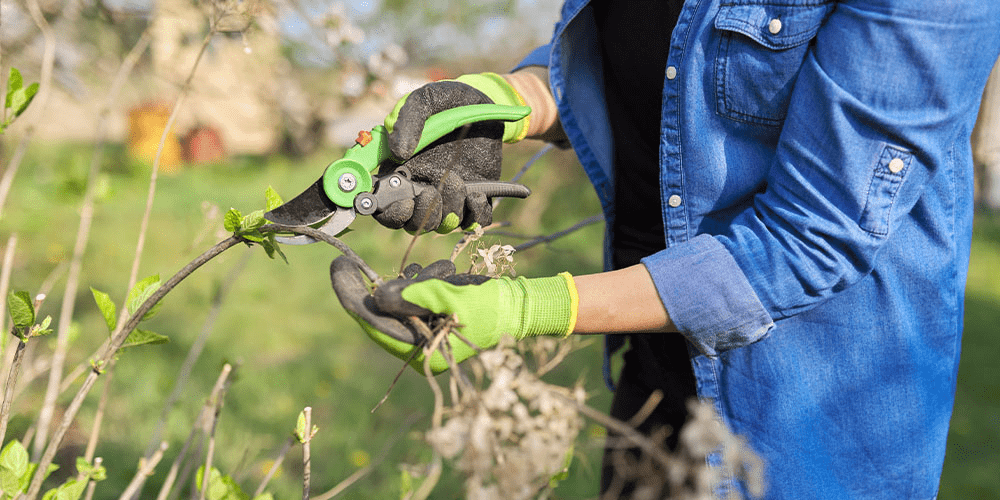
Safe Pruning
Before attempting any pruning procedures, it’s crucial to practise appropriate safety procedures. Even simple pruning involves working with very sharp edges and the potential for airborne debris. Always wear appropriate personal protective equipment, such as safety glasses and thick gloves, before you prune. We strongly recommend the completion of a safety course prior to operating any powered pruning tools.
What to Prune in Early Spring in Edmonton
Each season brings a new list of pruning tasks, but the late winter to early spring season is one of the most important here in Edmonton. There are three groups of plants that should be pruned this season: deciduous trees and shrubs, fruit trees, and woody ornamentals.
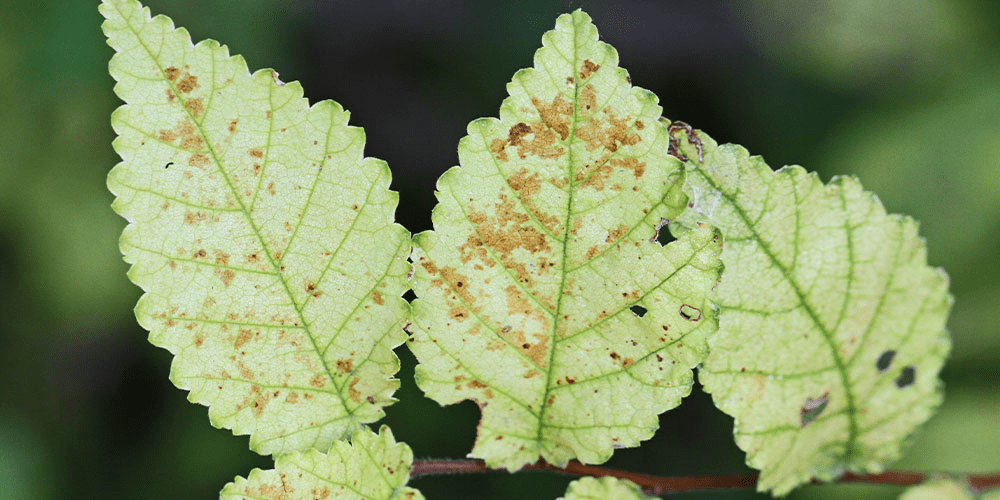
Pruning Deciduous Trees and Shrubs
Your largest landscape plants prefer to be pruned just before they begin to leaf out in late March to early April. Timing your pruning this way allows you to take advantage of the late dormant stage of the plant, which is followed by a period of rapid growth and recovery.
However, there are significant exceptions in this group.
Elms are highly vulnerable to Dutch elm disease, so every municipality has put its own regulations in place for elm pruning to reduce the spread.
“Edmonton is home to the largest elm canopy in North America,” Justine says, “To protect the integrity of the canopy, our municipality enforces a window from October 1 to March 31 when elms can be pruned.” Elm pruning is highly regulated, so before pruning, review the city’s elm tree trimming guidelines.
“Whatever you do, do not prune birch or maple trees in late winter or early spring!” warns Justine, “These two species are major exceptions to the guidelines around pruning deciduous trees this season. Maple and birch sap is running at this time of year, and large cuts can cause the trees to lose too much sap too quickly. The tree may die completely if this happens.”
For tree pruning, Justine recommends that you consult with an ISA-certified arborist before attempting any pruning procedures with the potential for harm.
“Consultations are quick, affordable, and can help you avoid injury or liability in the event of an accident.”
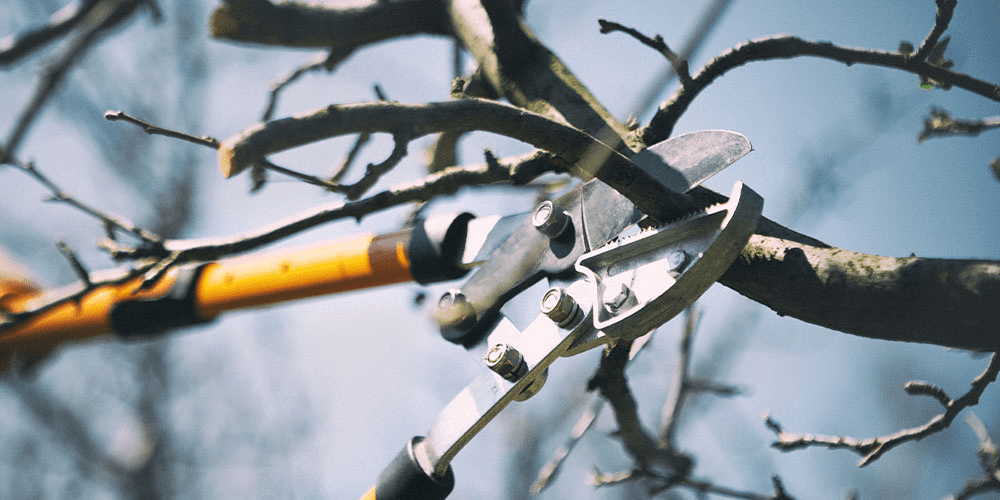
Pruning Fruit Trees
If you’re lucky enough to have a fruit tree on your property, you can prune it this season! “Basically any fruit tree hardy enough to grow in Edmonton””apples, crabapples, cherries, and plums””can be pruned safely before they leaf out,” Justine says.
Like most non-fruiting deciduous trees and shrubs, you should aim to prune these trees between late March and early April. If you miss this window, it’s best to wait for next year. Fruit tree sap runs from late spring to late summer, so late pruning can get a little messy. Earlier pruning also gives you a clearer view of the tree’s framework and subsequently provides the tree with an entire growing season to respond and recover.
Pruning Woody Ornamentals
Woody ornamentals include those cute little flowering shrubs like spireas, cotoneaster, ninebark, and potentillas. These shrubs set flower buds a little later in the spring, so a good pruning before they leaf out (again, in late March to early April) will promote bushier branching and ultimately more flowers.
However, some woody ornamentals should be skipped this early in the year. Shrubs that set flowers in the summer, such as many hydrangea varieties, lilacs, azaleas, viburnums, and rhododendrons, shouldn’t be pruned until after flowering. These beauties already have buds waiting in the wings, so pruning them now will remove all their flowers for the year! If you do make this mistake (many of us have!), know that the plant will almost certainly survive””it just won’t be a very colourful year for them.
Roses are another exception to the rule.
“In Edmonton, roses are very slow to leaf out and often won’t show up until it gets warmer, around the first week of June,” Justine notes. “This will make it difficult to detect which parts of the plant should be pruned, so it’s best to wait until they’ve started to show new growth.”
Now that you know the “when,” the next step is knowing the “how!” Next week, we’ll take a closer look at spring pruning procedures””from what to prune, what to use, and how to do it. Can’t wait for part two? Visit us at Salisbury Greenhouse to get answers and advice straight from the pros!



